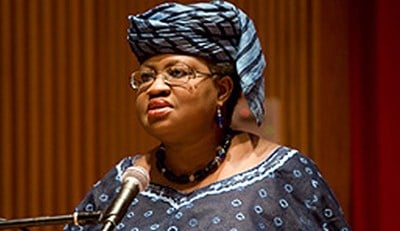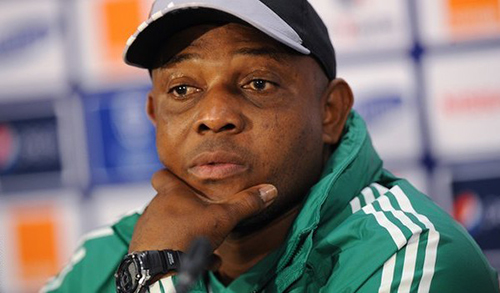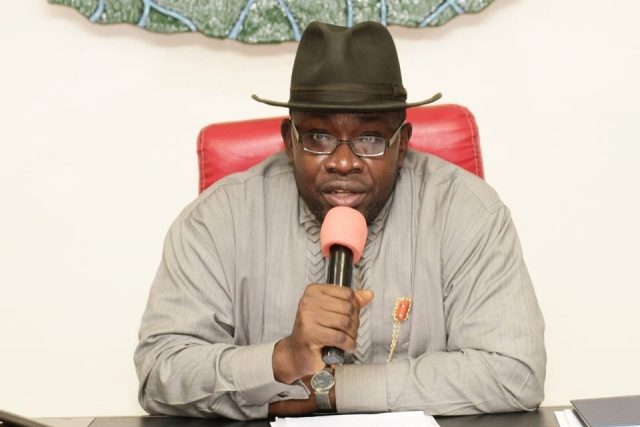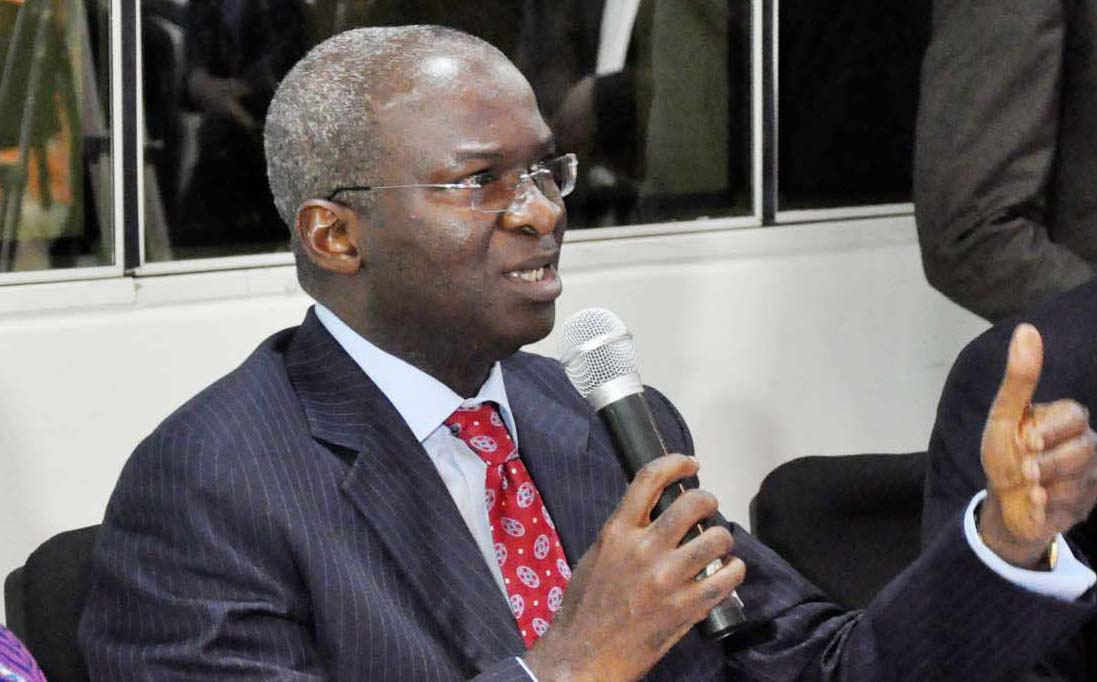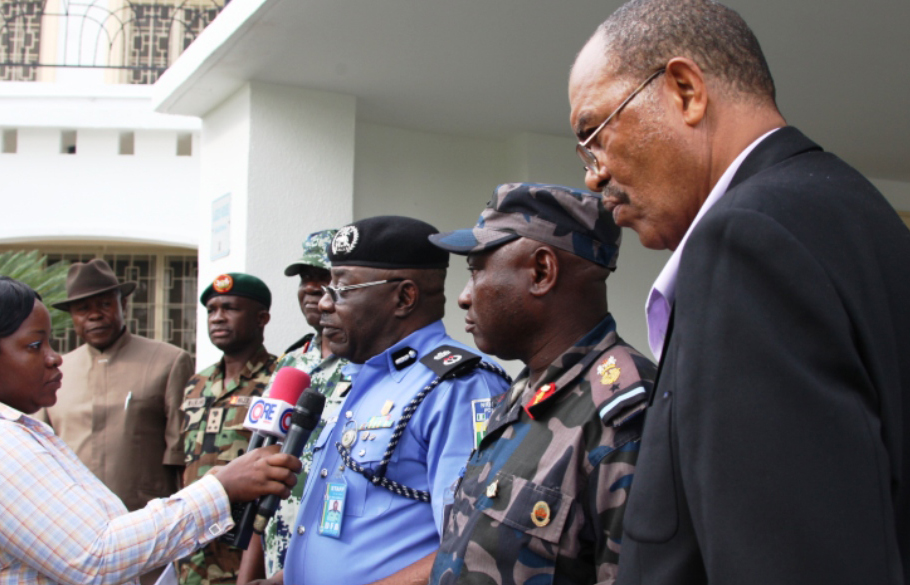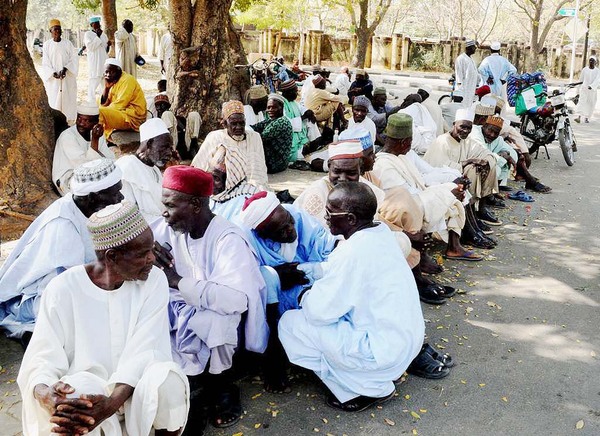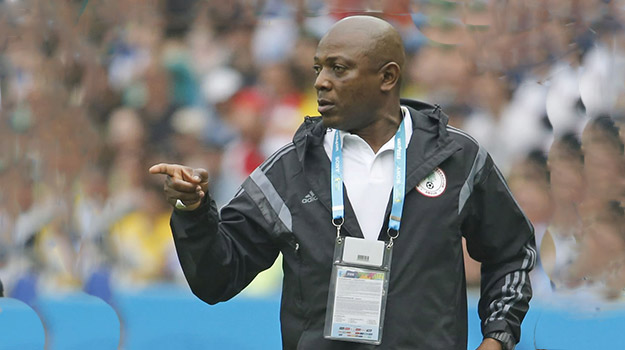Dr. Ngozi Okonjo-Iweala, the minister of finance and coordinating minister of the economy, on Tuesday revealed that insurgency by militant group, Boko Haram, in northern Nigeria will hamper the country’s economic growth this year by 0.5 per cent.
Ngozi Okonjo-Iweala told Reuters that while the violence in the northeast might put off some potential foreign investors, those who are in Nigeria for the long term seem to be holding on with investments in the country, as shown by portfolio investors in federal government debt.
The minister cited FG bonds yielding of 4-5 per cent as evidence that financial investors are not panicking.
“The prices are quite reasonable, which is an objective assessment that investors may be looking at the long-term underlying fundamentals of the economy, which are strong,” she said.
Advertisement
Okonjo-Iweala admitted that some potential foreign direct investment might be affected negatively by the insurgency, but asserted that existing investors – especially those from emerging powers such as South Africa, China and Brazil – are proving resilient.
“We are expecting about 6.75 per cent growth in 2014 and we have accounted for the impact of the insurgency which we think will take half a percentage point off GDP growth,” she said in an interview during a visit to Berlin, Germany.
In her meeting with German Finance Minister Wolfgang Schaeuble, she sought German support for the creation of a new development bank in Nigeria to improve financing to small and medium-sized private enterprises, which could become an “engine for growth” as the country seeks to diversify its economy away from oil.
Advertisement
The minister also linked part of the turbulence in the country to upcoming elections but maintained that the creation of a secondary mortgage market could help kick off growth in housing, another sector she hopes would help make up for some of the lost growth.
She is due to meet Mr. Gordon Brown, former British prime minister in London on Wednesday to discuss a “safe schools initiative” aimed at avoiding a repeat of the still-unresolved kidnapping of more than 200 Nigerian schoolgirls by Boko Haram in April.
“The hope is to raise $100 million for infrastructure such as solar-powered lighting, sanitary facilities, walls or alarm systems and to coordinate with local communities to make girl students feel safer,” she said.
Nigeria overtook South Africa as the continent’s biggest economy this year, following a rebasing calculation, revealing hidden strength in sectors such as services and telecoms, which almost doubled its gross domestic product.
Advertisement
The economy grew about 6.4 percent last year, but insurgency by militant group, Boko Haram, in the northeast already means the feat can’t be repeated this year.
Add a comment
